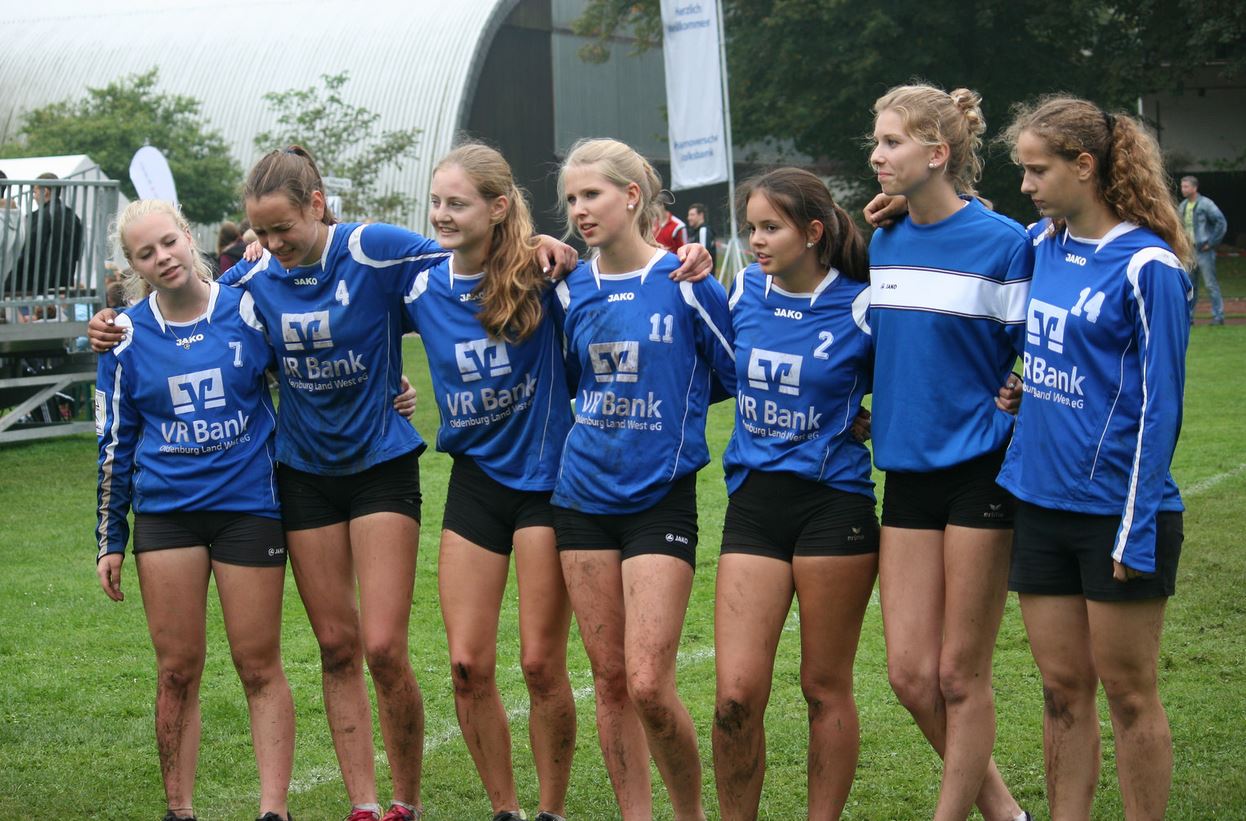How To Start An Amateur Sports Team
2016.02.17
A lot of people play team sports for excellent reasons. It’s a lot of fun, for a start, and there is a spirit of camaraderie that you just can’t get from pushing weights down the gym.
It’s perfect for the motivation, too. No matter how bad the weather is outside, you have to turn up, or you will let down all of your teammates. And, of course, it gives you a competitive edge that can improve your performance by a significant amount.
But - what if there are no local teams in your community? In these cases, why not think about starting a team yourself? It’s easier than you might think as we are about to explain. Let’s take a closer look.

https://flic.kr/p/74q3bR

https://flic.kr/p/oQwwAf
It’s perfect for the motivation, too. No matter how bad the weather is outside, you have to turn up, or you will let down all of your teammates. And, of course, it gives you a competitive edge that can improve your performance by a significant amount.
But - what if there are no local teams in your community? In these cases, why not think about starting a team yourself? It’s easier than you might think as we are about to explain. Let’s take a closer look.
https://flic.kr/p/74q3bR
Judging the market
First of all, make sure that there is a good reason for starting a sports team. You’ll need to have enough interest from your local community, as well as the opportunity to join a local league. There are a few costs involved, so drumming up interest is going to be vital if you want to avoid losing a big wad of cash.Find players
With popular sports like football and rugby, team spots are easy to fill. Advertise in your local paper, or start putting the word out on social media and you should get enough people quite easily. More alternative sports can be trickier, though. You might have to cast your net a little further afield to find players. So, think about using regional papers to attract people from all over the county. You can also take out ads in specialist magazines and websites.https://flic.kr/p/oQwwAf
Get a kit
All sports teams need a kit, as well as a logo or crest. Design one yourself - or pass on to a friend with artistic talents. You should also think about a colour scheme. Make sure that you buy the right gear, too. Rugby shirts, for example, are made from a tougher material than football shirts because of the physical nature of the game. If you get the wrong kind of kit, you’ll end up having to replace them far too often for anyone’s liking.Find a league to join
You can set up training sessions and friendly games as soon as you are ready. But what about taking things a step further? You will need to join a league so that you can play competitively - and you will also have to start at the bottom of the ladder. There tends to be a lot of rules and regulations to follow when you join a league. And, of course, there is an expectation that you will follow a certain code of conduct. Make sure that you put yourself in a league that matches your standard - it’s not a lot of fun getting a thrashing every week.Collecting money
Our last point is an important one - make sure you have a robust system in place for collecting money. There will be match fees to pay, training pitches to hire, and lots of other costs. Most teams will split this up into easy payments. So, you might charge a season signing on fee, and then ask for a small amount each week when people play. You could try and find a sponsor, too - take a look at this article for more details on that.More Articles
Copyright © Fooyoh.com All rights reserved.